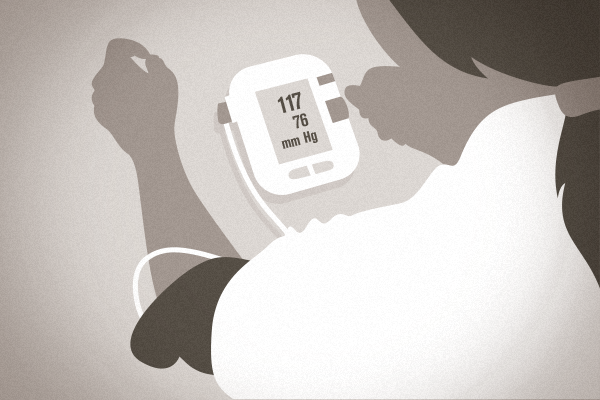Boston’s Partners HealthCare last month launched a system that integrates at-home data with an in-house EMR. It’s not too different from what we’re doing with Atlas.md, which will sync with apps like FitBit, and relay measurements and readings directly to a direct care physician. Partner’s new system, though, allows patients to use multiple devices at home — glucometers, blood pressure cuffs, bathroom scales, and pulse oximeters (which measure blood oxygen levels) — to take regular measurements. They can upload the results from the medical devices and send them to their doctors, often wirelessly.
Check out the Boston Globe’s coverage of the new EMR technology. There are some logistical issues still TBD. For instance, who should pay for these devices? Right now the patients aren’t paying anything, but that could change. One proposal is that patients buy the required machines and insurance will pay for the software that connects it to the EMR. Another question is whether constant numbers will reassure all patients. Information could backfire and just stress certain people out. And, will all doctors want to wade through this additional data? In our world, probably, since we’re freeing up time to spend with patients, and data access just means a new avenue whereby to connect. In the red tape world, though, this could be perceived as a burden.
Apparently, one woman HAS found the ability to track her blood pressure life-affirming. She tells the Boston Globe she’s taking better overall care of herself, and instead of seeing a doctor every 6 weeks, only comes in when her blood pressure consistently spikes. So, yes, we recognize that not everyone is jumping for joy. But in our opinion, this announcement is a step in the right direction. Insurance or no insurance, motivating people to take responsibility for their health is good for America. Let’s hope this catches on, both in the world of red tape, and in direct primary care.
